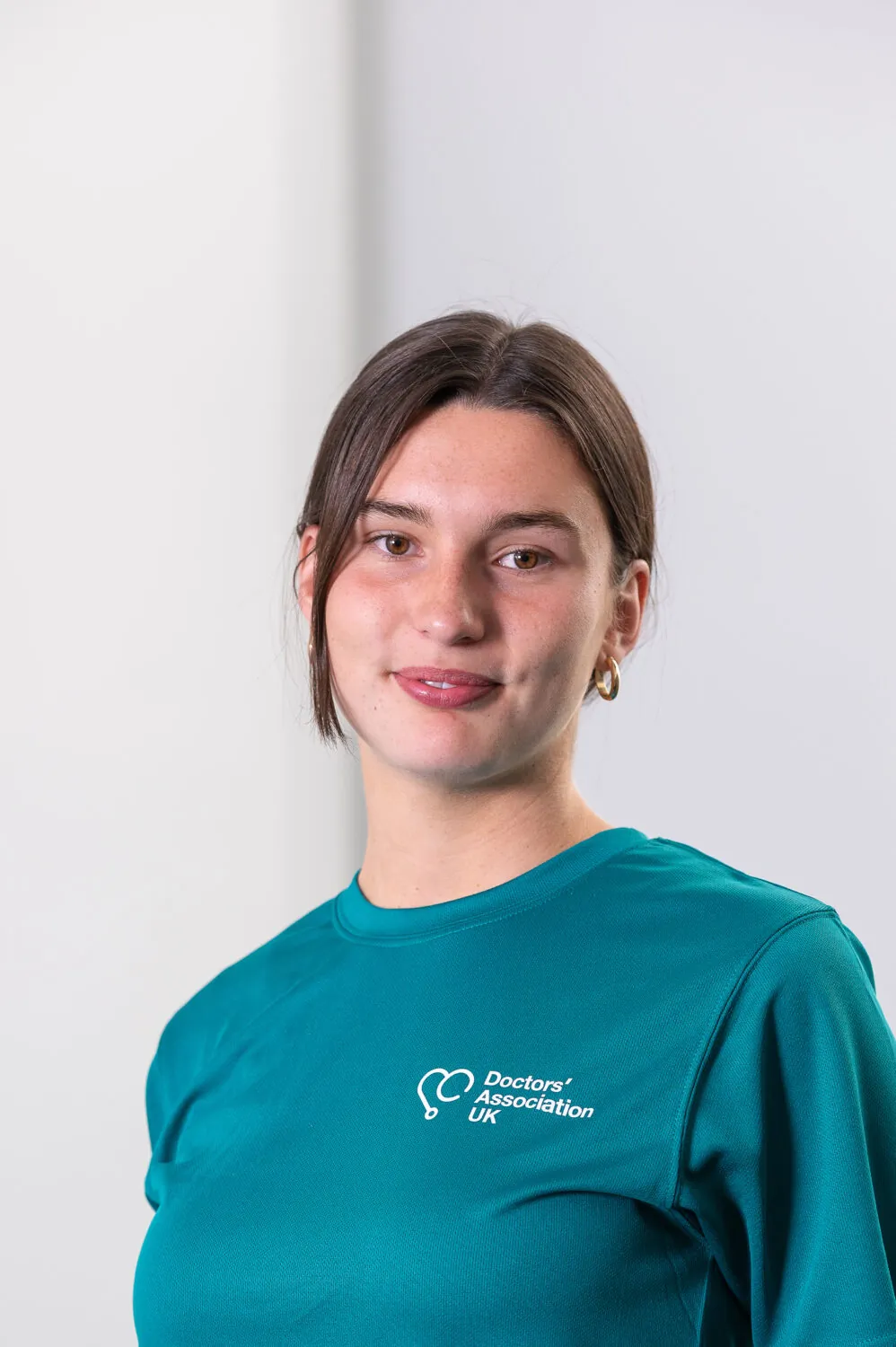When did it all go so wrong? It’s still dark on the long drive home from the night shift. It might be freezing but all my windows are down, in the hope breeze on my face will be enough to keep me awake.
Somehow we have found ourselves back where we were in April in the NHS. Except this time it’s worse. We now have more patients with Covid-19 in hospital in England than ever before.
I wish I could show you what is going in inside hospitals in the southeast; it is unlike anything I have ever seen in my career. To say that emergency departments are overflowing would be an understatement. They are wall-to-wall. My heart sinks when I see a trail of ambulances queuing around the corner.
Resuscitation departments have been consumed by Covid. We often have to keep patients ventilated in A&E as we have no space in ICU upstairs. A wholesale team effort has been underway to create surge areas. But now even those are full.
This has resulted in a desperate scrabble to find an intensive care bed, anywhere, to try and move patients and decompress the southeast. Critical care doctors have been asked to transfer patients as far away as Yorkshire.
We haven’t even felt the impact of mixing over Christmas yet. But NHS staff are fearful of what’s to come in January. Even without this cases are rising as the variant of the virus takes hold and it’s only getting worse.
But finally, there is a light at the end of the tunnel. The Oxford-AstraZeneca vaccine announcement this morning has prompted widespread relief throughout the NHS. This is a truly incredible feat achieved in such a short space of time, alongside the Pfizer-BioNTech vaccine. For those of us on the front line it can’t come soon enough.
You might be surprised to learn that NHS workers are currently not part of the highest priority group for the Covid-19 vaccine. This is a significant oversight that must be remedied as a matter of urgency if we have any hope of effectively fighting the tide of cases we will see in the coming weeks. We cannot afford our already wafer-thin workforce to be stretched even further by rising rates of staff sickness.
The system truly is at breaking point, and so are its staff. There is considerable anxiety that already watered down PPE guidance will not protect them effectively against the new strain. We have already lost over 650 colleagues. The fear and the exhaustion is palpable.
Yet at a time NHS staff most need support it appears to be slipping through their fingers. Measures support in place to support workers have already been taken away.
Worse still, clinicians trying to speak up on social media are met with walls of disinformation, and are even facing abuse. Just this morning I have seen people planning New Year’s Eve parties on social media in open rebellion. Exhausted, I wanted to cry. If people saw what I see every day on the NHS frontline, the damage that Covid-19 can do, would this be happening?
The virus does not discriminate. Young, fit, healthy people are coming in to us struggling for breath, leaving us no choice but to put them on a ventilator.
My heart breaks when I think back to a conversation I had with a doctor in the US who treated a whole family for Covid-19. They had gone against the recommendations and had everyone over for Thanksgiving. They risk a few empty chairs there next year.
So many of my colleagues are broken. I’ll be ushering in the new year at midnight on ICU this year. But as much as we all wanted a new year in 2021, I can’t help but fear it is going to get worse before it gets better.
Yet the mental health of staff is already at a tipping point. Without more support now we will be facing an new epidemic of burnout and moral injury among healthcare workers at the end of all of this.
This will be the year they want to forget, but can’t.
Dr Samantha Batt-Rawden, DAUK President
Samantha Batt-Rawden
4 minutes read





